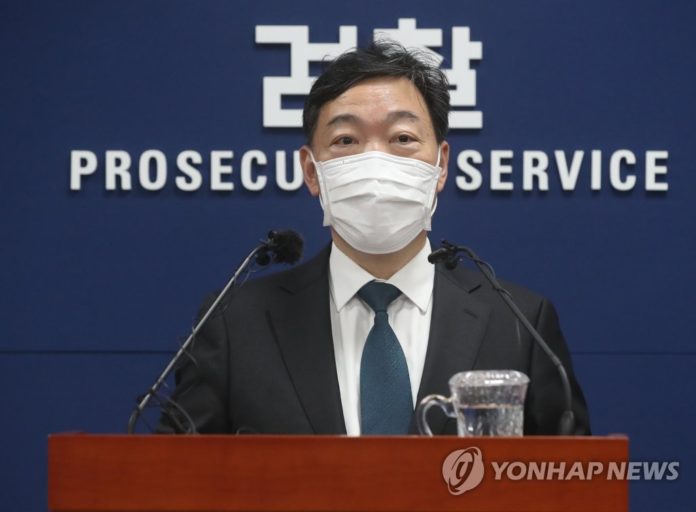This article was originally published on the Korean Economic Daily and translated by OKN Correspondent.
Multiple lawyers’ associations expressed their opposition to a bill being pushed by the Democratic Party to completely strip away the prosecution’s investigative powers.
The Korean Bar Association issued a statement on April 12 saying that they oppose the extreme bill to completely abolish the prosecution’s investigative powers and that it ignores protection of the people’s rights. “It is a critical issue that redesigns the nation’s criminal justice system, and sufficient review and public consensus should be followed,” the association said. “It is not a matter to be rushed during the administration transition period.”
The association also pointed out that adjustment of the investigative rights of the prosecution and police has continued to cause side effects for about a year. “The public is suffering from delays in handling cases, congestion of cases, refusal to file complaints, and handling over cases to other police stations,” it said. “The confusion at the front line continues due to incomplete [political] cohabitation and unclear division of work between local and national police, and the vague position of the national investigation headquarters.”
Earlier on April 11, conservative-leaning Lawyers for Human Rights and Unification of Korea released a statement saying, “the bill is not prosecution reform but a fraud that deceives the people.” It added that “as the Moon Jae-in administration and the Democratic Party lost the presidential election, they are trying to take all the prosecution’s investigation rights under the name of prosecution reform, making it impossible to investigate any corruption in the regime. It is a vicious act against the country and the people and an extreme example of a shameful act.”
Liberal-leaning Lawyers for a Democratic Society (Minbyun) also expressed its concern over how the bill is being processed. “In principle, we agree with the direction of the bill,” they said in a statement released on April 12. “No matter how right the direction is, several reviews are needed. We need to check, evaluate, supplement whether the police’s investigative capabilities and measures to check them are sufficient, whether there are any complaints from the people involved in the issue, and whether it is indispensable to create a serious crime investigation office shortly after establishing the Corruption Investigation Office for High-ranking Officials.”
Amid public opposition to the bill, Prosecutor General Kim Oh-soo met with Justice Minister Park Beom-kye in Seoul and asked for his support to prevent the bill from being passed. “I told him about the problems and the prosecution’s request regarding the bill that is being pushed by politicians aimed at completely abolishing the prosecution’s investigative powers,” Kim said. When asked whether he plans on resigning, he did not directly respond, saying, “it is inappropriate to say it.” Kim said at a national district attorney’s meeting held the previous day that “there is no reason to do our duties if the prosecution’s investigative powers are abolished,” suggesting that he will even consider resigning.
The Supreme Prosecutors’ Office also released statistics showing the length of time it took to conduct supplementary investigations, which the prosecution asked the police to conduct. This is interpreted as provided a basis for opposing the bill aimed at completely abolishing the investigative powers of the prosecution. According to statistics, only 56.5 percent, or 47,784 cases, of the 72,223 cases in which the prosecution demanded a supplementary investigation from the police in the first half of last year were actually met with a supplementary investigation. 19.1 percent of the requests took over 3 months but less than 6 months, and 11.4 percent took over 6 months. The proportion of cases in which a supplementary investigation was not conducted at all was 13 percent.
To read the original article in Korean, please click here.


